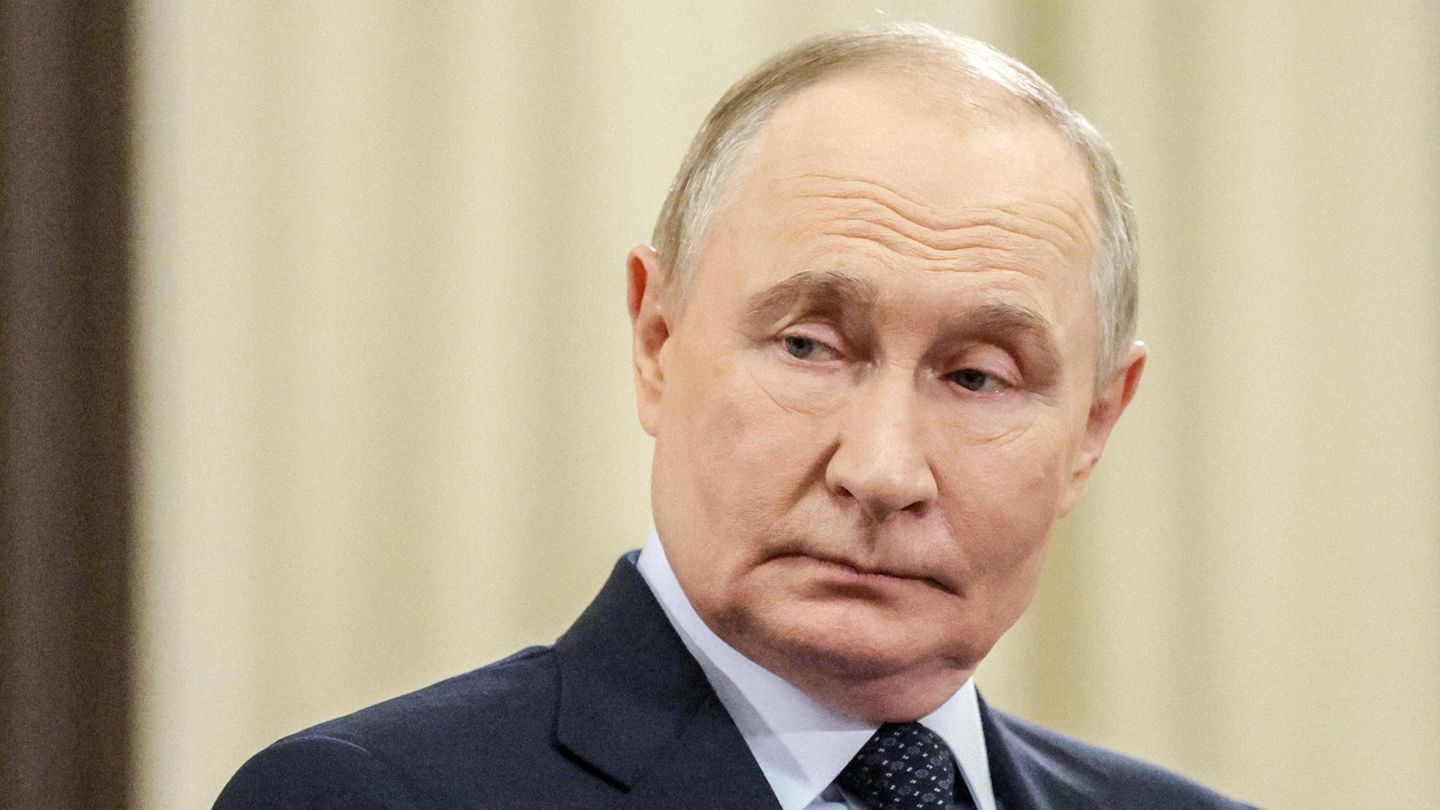Millions of tons of grain have been blocked by Russia in Ukraine for weeks, and famine is threatening Africa. Negotiations to open the Black Sea seem to be making progress.
Negotiations to break the Russian grain blockade in Ukraine appear to be making progress.
UN Security Council circles confirmed to dpa the possibility of a meeting between the parties to the conflict together with UN Secretary-General António Guterres in Turkey – possibly as early as next week. The talks are at a point where the UN chief would negotiate directly with Russians and Ukrainians to secure a deal.
However, diplomats in New York warned against too much optimism: So far there has been no agreement on the export of grain from Ukraine across the Black Sea. The mistrust between Moscow and Kyiv is still very high and there are still a number of hurdles in the negotiations. Another open question is whether Russia is sincere about its involvement in the talks, a Western diplomat said. The United Nations only officially announced that the negotiations were going on.
Largest wheat exporters in the world
The international community has been demanding that Russia allow the export of Ukrainian grain for weeks. Ukraine complains that its ports in the Black Sea are blocked by the Russian Navy. Both countries are among the largest wheat exporters and play an important role in global food security. The United Nations recently warned of the worst famine in decades.
Specifically, it is about the export of 20 million tons of grain from Ukraine, mainly to North Africa and Asia, a large part of which is in the port of Odessa. This is currently being felt in Somalia, for example, where the UN is warning of a huge famine. Somalia gets 50 percent of its wheat imports from Ukraine, 35 percent from Russia. Because of the upcoming harvest, time is of the essence: the UN recently said that a deal should actually be in place in June, because otherwise the storage capacities in Ukraine would not be sufficient.
For several weeks, the United Nations and Turkey have been trying to mediate in the grain conflict and negotiate a package deal that also gives Russia the opportunity to bring its fertilizer onto the world market. Military representatives from Russia and Turkey met in Moscow on Tuesday for talks. After that, the Turkish news agency Anadolu reported without citing specific sources of a meeting of all four parties “in the coming weeks” in Turkey.
Control of the Black Sea core problem
According to diplomats, the biggest hurdle to an agreement is how to control ships en route through the Black Sea to Ukraine. Russia wants to prevent weapons from being delivered to the country, for example, and reserves the right to search incoming ships itself.
Kyiv rejects that. A compromise proposal is the inspection by the Turkish Navy under the guidance of the United Nations. Moscow has not yet agreed to this. Another question is how Ukraine’s security against Russian attacks can be ensured if Kyiv clears sea mines to protect its ports.
Chancellor Olaf Scholz recently called for Russia to give in: “It cannot remain the case that millions of tons (grain) are stuck in Ukrainian stores, although they are urgently needed worldwide,” he said in the Bundestag. The message that the democracies of the world should also stand together in the fight against hunger must therefore come from the forthcoming summits of the EU, NATO and the seven leading industrial nations (G7).
Source: Stern
David William is a talented author who has made a name for himself in the world of writing. He is a professional author who writes on a wide range of topics, from general interest to opinion news. David is currently working as a writer at 24 hours worlds where he brings his unique perspective and in-depth research to his articles, making them both informative and engaging.




